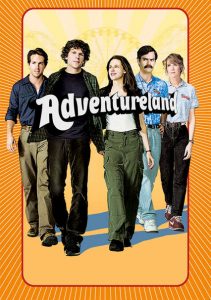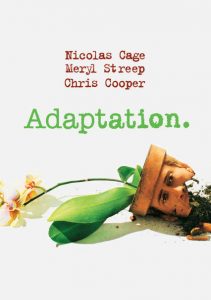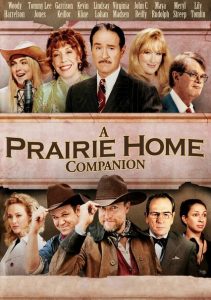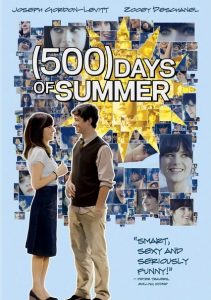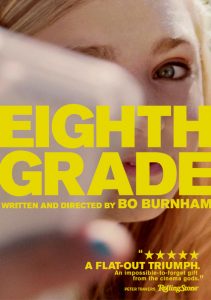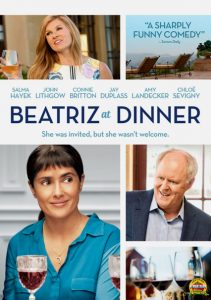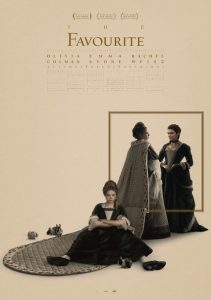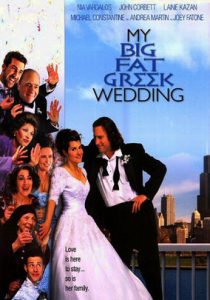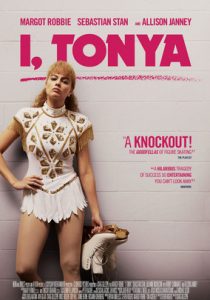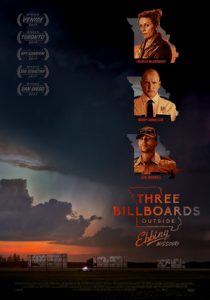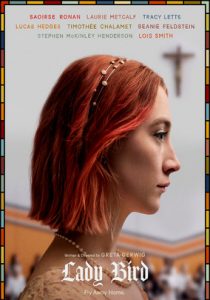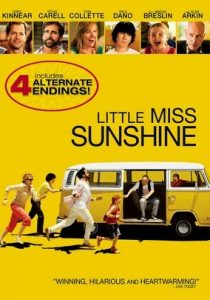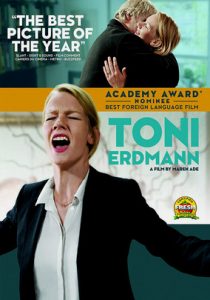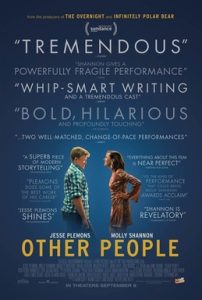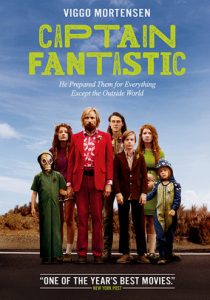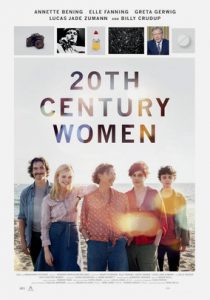Adventureland-2009
Director Greg Mottola
Starring Jesse Eisenberg, Kristen Stewart
Scott’s Review #1,066
Reviewed October 1, 2020
Grade: B-
Adventureland (2009) is a cute film. That may seem like a compliment, but it’s not. There is nothing wrong with this film, but it’s a rather safe experience.
In a word, it is fine, nothing more, nothing less.
It plays like a romantic comedy and is mixed with a coming-of-age theme about two young adults merging from kid to adulthood. It’s a story that most of us can appreciate though it’s been done too many times in cinema for this film to do much more with.
The selling point is the excellent acting.
The theme park (aka Adventureland) and the nostalgic 1980s time is a nice touch though it feels like a 2009 film with the actors fitted into retro costumes and hairstyles.
Greg Mottola directed Superbad in 2007 so you can see the influence. He has a knack for directing films with a light comedic touch that will appeal to young adults going through some angst or young, blossoming feelings of love.
The stars of the film, Jesse Eisenberg and Kristen Stewart, terrific actors in their regard, have little chemistry together and that weakens the picture. They are helped immensely by a talented supporting cast, who pick up the slack and improve the film.
Bill Hader, Kristen Wiig, Wendie Malick, and Ryan Reynolds give a comic boost to the events. Unfortunately, despite positive trimmings, the film feels like your standard, every day, independent comedy with little left to separate it from other contemporaries.
It just has big stars.
Likable James Brennan (Eisenberg) anticipates a fabulous trip to Europe after graduating from Oberlin College, having earned it for his achievements.
Unfortunately, his parents Mr. and Mrs. Brennan (Jack Gilpin and Malick) break the bad news to him. They are in dire financial straits and can no longer support him. He must get a part-time job immediately.
The disappointing news disappointed me as well. I was savoring a nice adventure in London, Paris, and Rome.
Sadly, the rest of the film takes place in an amusement park in Pennsylvania.
Predictably, Mottola, who wrote the screenplay as well, offers banal and stereotypical characters such as Mike Connell (Reynolds), the resident mechanic, who is a rival for the affections of Em (Stewart), the love interest of James.
Thrown into the mix are various characters who are a bitch, a sarcastic college student, and a nerd. And, for good measure, James is a virgin. Naturally.
The film nosedives with some slapstick humor and misunderstandings worthy of American Pie (1999).
When Adventureland was made Eisenberg was on the brink of breaking out into a fantastic role in The Social Network (2010) that garnered him an Oscar nomination and credibility.
Stewart, meanwhile, was in the middle of her Twilight (2008-2012) years which made her a household name but was undoubtedly creatively very unfulfilling.
This film is a reminder that actors need to work and make the best of the material they are given.
Truth be told, the main attraction of watching Adventureland is to sit back and admire what was to become of Stewart and Eisenberg. Since the film’s release in 2009, they have traversed meatier and better projects.
Eisenberg has a Tom Hanks or James Stewart likeability. He is someone to whom the average young male can relate and the problems that James must face could easily be challenges the viewer might also have.
In the case of Stewart, what a star this girl is with the right roles. Since 2012 she has declined roles in big-budget films in favor of independent productions for the next few years. She took on a terrific supporting role in the drama Still Alice (2014) as a troubled daughter.
Still young, the future looks very bright for the talented actress.
But, back to Adventureland (2009). This film is only suggested for a glimpse at the early work of Eisenberg and Stewart. Two young stars who went on to enormous critical cinematic success.
